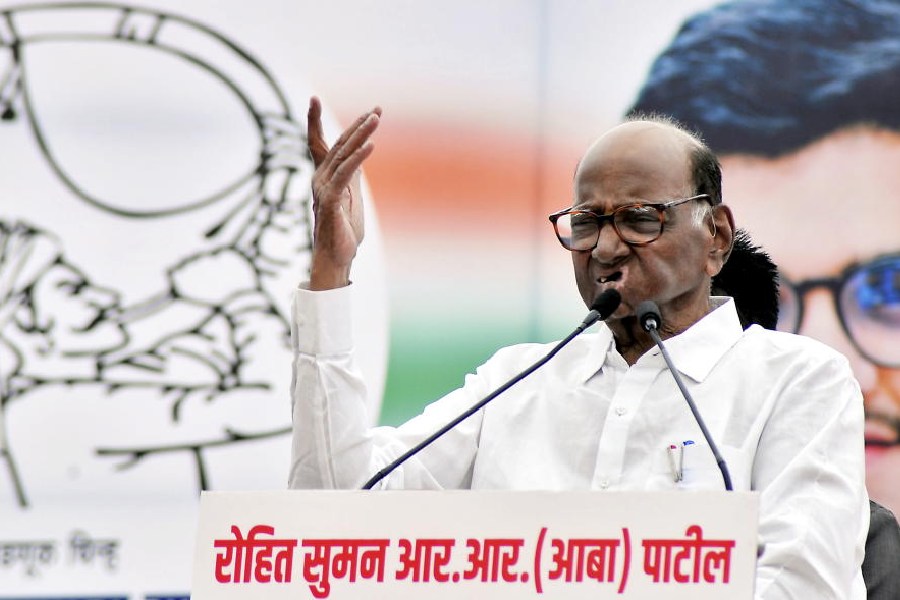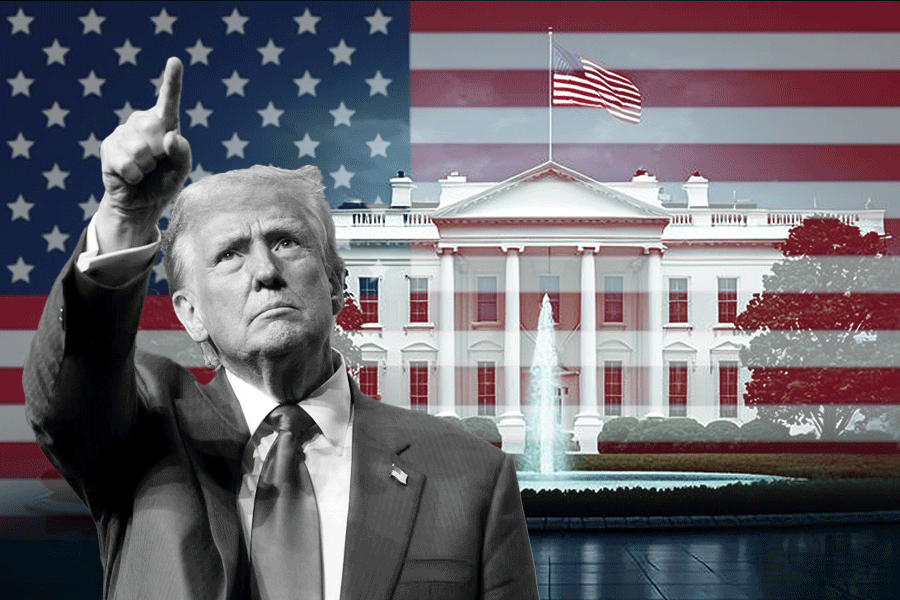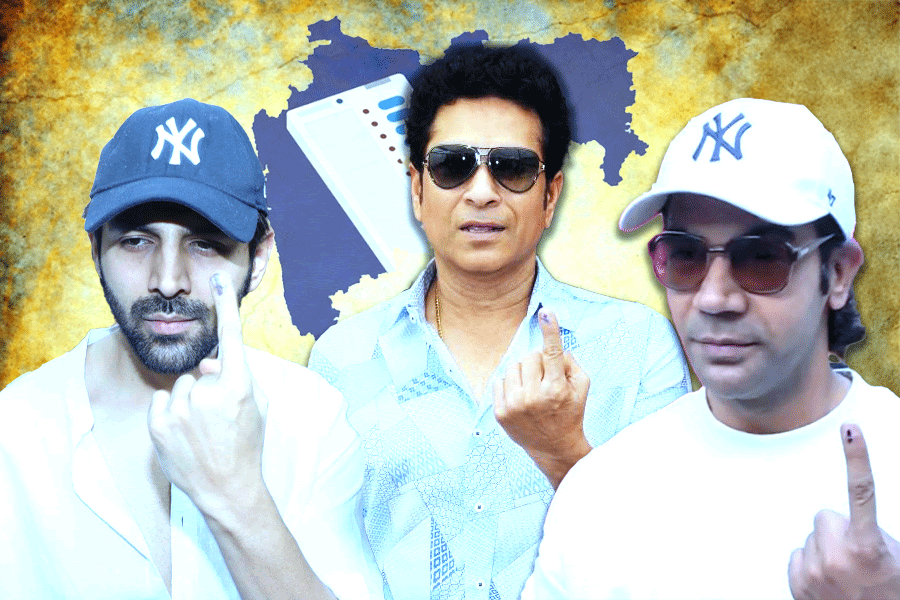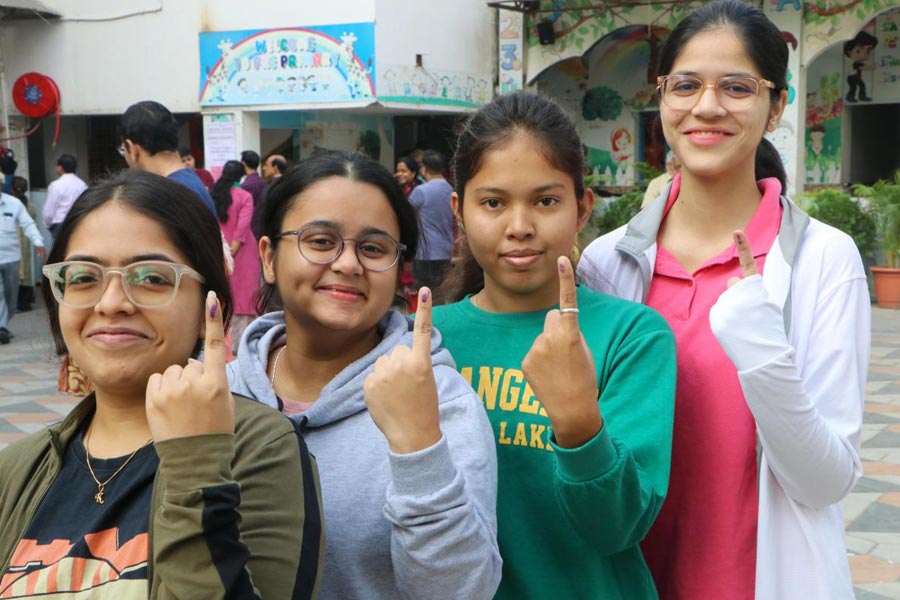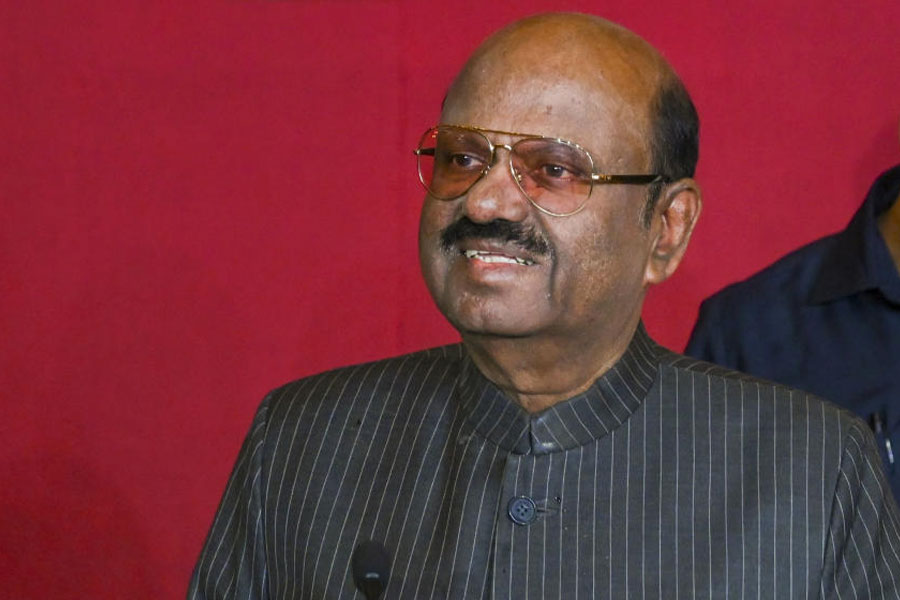Many a parallel has been drawn between contemporary India and Adolf Hitler’s Germany but a key difference has been highlighted on the eve of what has been billed the “Million March” in Calcutta.
“Gated citizenship to Jews, and a state crackdown on Left and liberal universities were there in Germany too. But there was no large-scale protest with the involvement of non-Jew, ordinary citizens. There was no federal pushback either. Both factors are in full play in India,” Harsh Mander, the founder of Karwan-e-Mohabbat (Caravan of Love) that battles hate, said in the city on Thursday.
Pointing out that the protests and the pushback were taking place in India against the Citizenship (Amendment) Act, the proposed National Register of Citizens and the National Population Register, Mander added: “This has fuelled hope that secular and democratic India will not turn into a fascist country.”
He not only hailed the role of ordinary citizens in the movement against the CAA-NRC-NPR but also congratulated the governments of Kerala and Bengal for refusing to toe the Centre’s line on citizenship and urged other non-BJP states to follow suit.
Mander is scheduled to lead a march in the city against the CAA-NRC-NPR on Friday. The programme — billed the “Million March” — is to start near Statesman House at 1.30pm and end at the Gandhi statue on Mayo Road.
On Thursday, Mander was speaking at a news conference organised under the banner of the Forum for Democracy and Communal Amity in the run-up to the march.
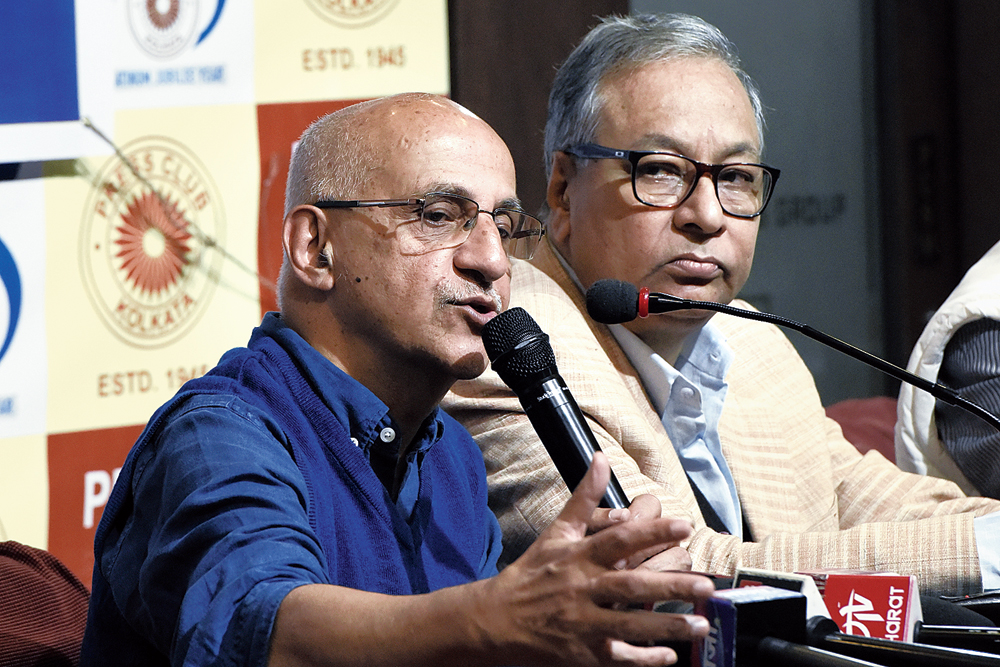
Mander with Sircar in Calcutta on Thursday Picture by Sanat Kumar Sinha
Mander said he had been dejected after the passage of the citizenship bill in Parliament and thought India was about to tread a path of darkness.
“The present government thinks it has a mandate to change the idea of India and establish a Hindu state…. But over the past few weeks, the way youths, women and workers have come out on the streets to protest has renewed hope. The idea that I am not fighting for myself but for my Muslim brothers and sisters symbolises the spirit of India,” Mander said.
“The NRC-NPR cannot be implemented without the machinery of the states. If the states join to form a civil disobedience by refusing to implement the NRC and the NPR, it will trigger a constitutional crisis, which seems the only way to defend the Constitution. I urge other non-BJP states to reject the NRC-NPR,” he said.
Also present with Mander at the news conference was Jawhar Sircar, a retired IAS officer and one of the 106 signatories to an open letter that called the NPR-NRC a needless exercise and demanded a repeal of the Citizenship (Amendment) Act.
The letter to the citizens of India — issued on Thursday by the Constitutional Conduct Group, an association of former civil servants — adds heft to the clamour against the attempt to re-engineer the citizenship regime because it brings bureaucratic insight to the table, something the government will find it difficult to dismiss as amateurish.
“We have written the letter as people who have held important administrative positions and understand law and governance. There is absolutely no need for the CAA-NRC-NPR,” said Sircar, a former culture secretary.
Mander is also a signatory. The other signatories include former chief secretaries, ambassadors and directors-general of police. The letter is divided into heads such as “there is no need for the NPR and NRC”, “why authorise widespread setting up of foreigners’ tribunals and detention camps?” and the constitutional and moral untenability of the CAA”.
The letter focuses on another key aspect of the matter that the government has been accused of neglecting. “At a time when the economic situation in the country warrants the closest attention of the government, India can ill afford a situation where the citizenry and the government enter into confrontation on the roads,” the letter said.
“Above all, we see a situation developing where India is in danger of losing international goodwill and alienating its immediate neighbours, with adverse consequences for the security set-up in the subcontinent. India also stands to lose its position as a moral beacon guiding many other countries on the path to liberal democracy.”
Sircar, also a former CEO of Prasar Bharati, de-linked the NPR undertaken by the UPA from the one approved by the Modi government. He called the earlier NPR an “administrative exercise without malice”.
“The earlier exercise was not intended to pick, choose and hound Muslims,” he said.
Mander concurred, saying the NPR would identify “doubtful citizens” who will then be asked by the government to produce papers.
“The NPR 2020, unlike the NPR 2010, not only asks the names of the parents of the resident but also seeks to record their dates and places of birth. A person who is not able to furnish these details… could well be classified a doubtful citizen,” says the letter issued by the retired officers.
Mander dubbed the NRC without the NPR an “anti-poor exercise”, saying: “Together, they are communal and anti-poor.”
He added: “We the people of India have to defend the Constitution. This will be decided not in Parliament, not in the courts, but on the streets. Most of all, it will be decided in our hearts if we have allowed hatred to get colonised in our hearts.”


